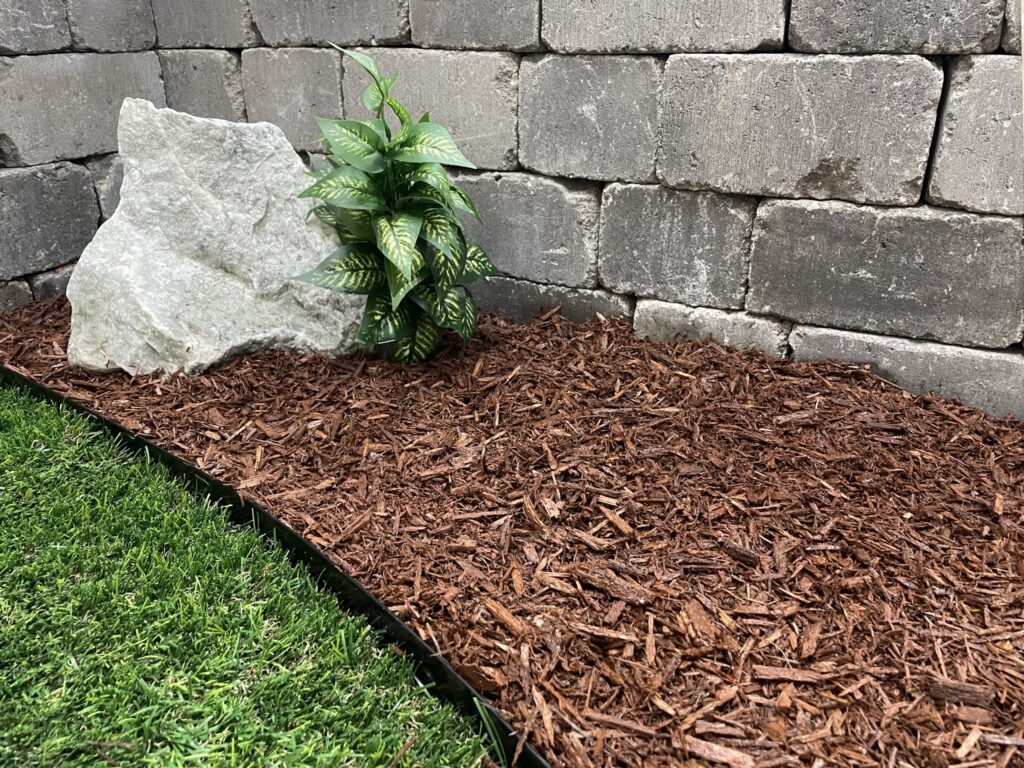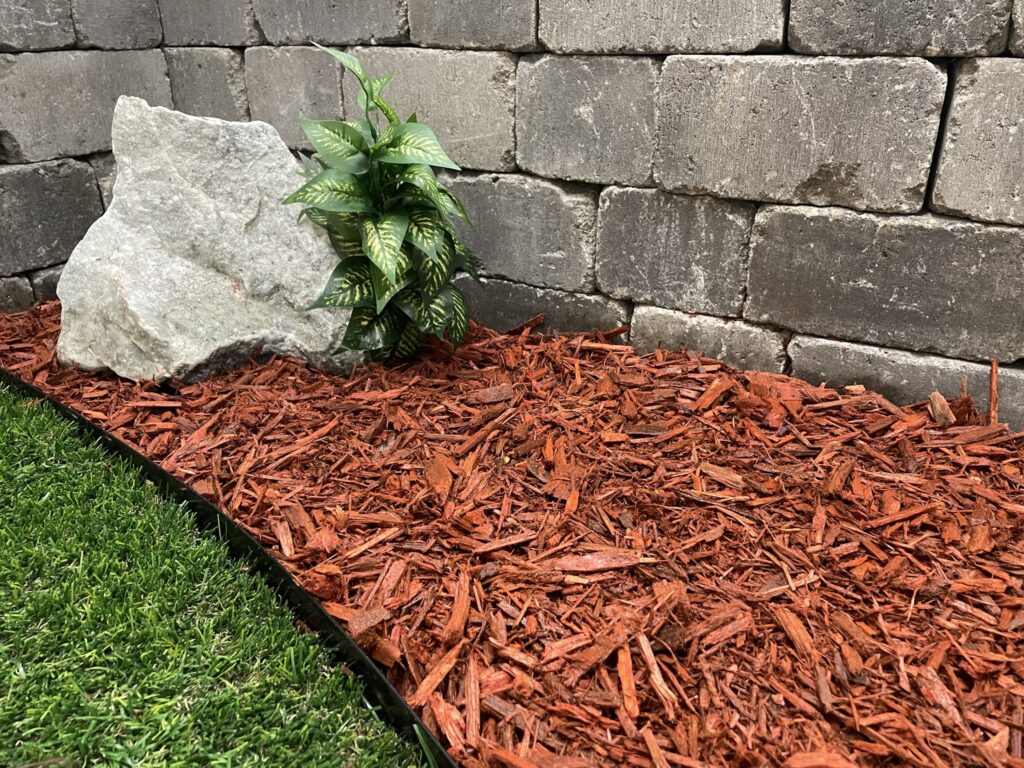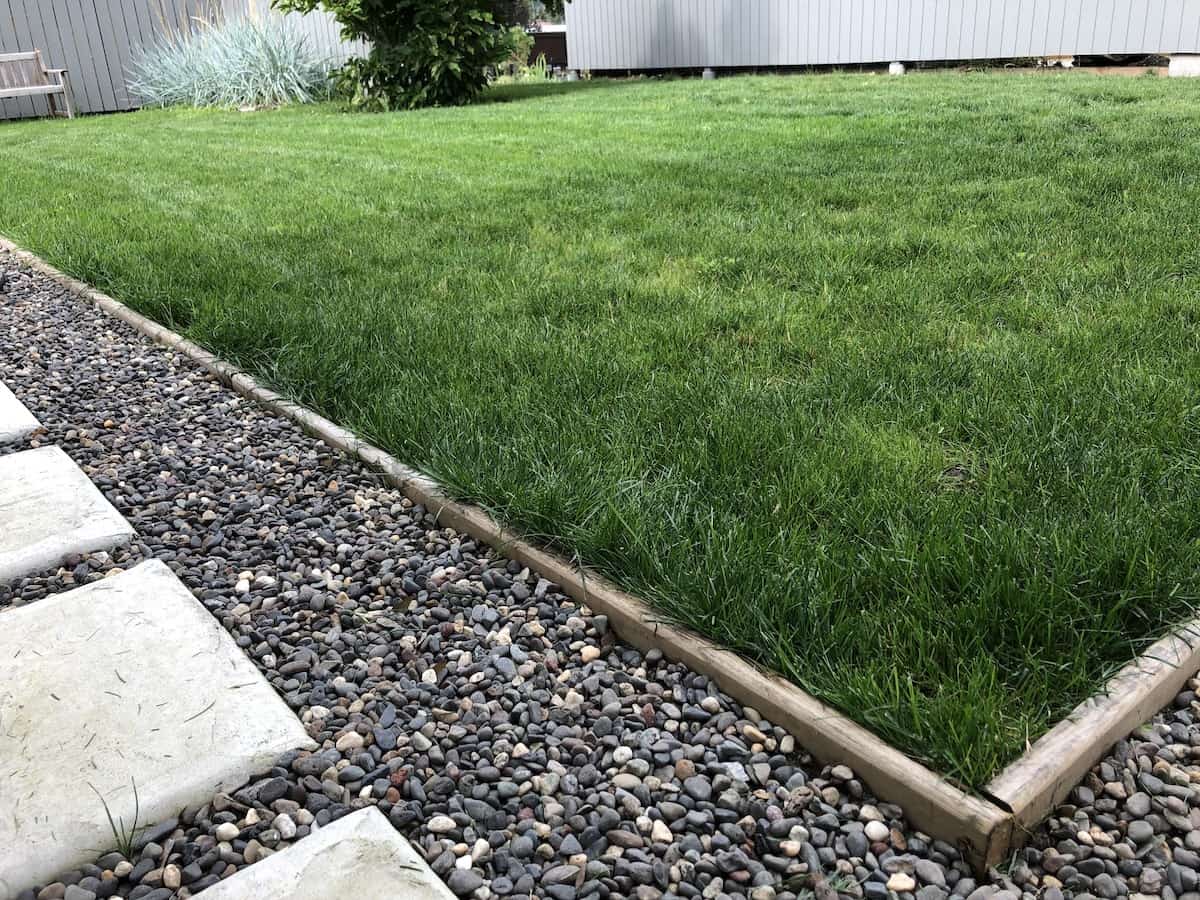Types Of Mulch For Landscaping: Which One Is Right For You
Title: Types of Mulch for Landscaping: Which One Is Right for You?
Introduction:
Mulch is a layer of material that is spread around plants to improve the health and appearance of your landscape. It can help to retain moisture in the soil, suppress weeds, and protect plant roots from the elements. There are many different types of mulch available, each with its own unique benefits and drawbacks. In this blog post, we will discuss the different types of mulch and help you choose the right one for your needs.
Main Content:
- Organic mulches: Organic mulches are made from natural materials, such as wood chips, bark, leaves, and straw. They are the most common type of mulch and offer a variety of benefits. Organic mulches help to improve soil drainage and aeration, suppress weeds, and retain moisture. They also break down over time, adding nutrients to the soil. Some popular organic mulches include:
- Wood chips: Wood chips are a versatile mulch that can be used around a variety of plants. They are relatively inexpensive and easy to find.
- Bark mulch: Bark mulch is another popular option that is available in a variety of colors. It is more expensive than wood chips, but it also lasts longer.
- Leaf mulch: Leaf mulch is a free and easy-to-find option. It is best used in areas where you do not mind the color or texture of leaves.
- Straw: Straw is a lightweight mulch that is often used in vegetable gardens. It is not as effective at suppressing weeds as other types of mulch, but it does help to retain moisture.
- Inorganic mulches: Inorganic mulches are made from materials such as rocks, gravel, and plastic. They are not as common as organic mulches, but they offer some unique benefits. Inorganic mulches do not break down over time, so they do not add nutrients to the soil. However, they are very durable and can last for many years. They are also effective at suppressing weeds and reflecting heat, which can help to protect plants from cold weather. Some popular inorganic mulches include:
- Rocks: Rocks are a classic choice for landscaping. They come in a variety of colors and sizes, so you can find the perfect look for your yard.
- Gravel: Gravel is a more budget-friendly option than rocks. It is also available in a variety of colors and sizes.
- Plastic mulch: Plastic mulch is a long-lasting option that is often used in vegetable gardens. It can help to suppress weeds and retain moisture.
Conclusion:
The best type of mulch for you will depend on your specific needs and preferences. If you are looking for a natural mulch that will improve the health of your soil, then an organic mulch is a good choice. If you are looking for a long-lasting mulch that will suppress weeds, then an inorganic mulch may be a better option. No matter which type of mulch you choose, be sure to spread it evenly around your plants and keep it moist. Mulch can help to improve the appearance and health of your landscape for years to come.
There are many different types of mulch available for landscaping, each with its own unique benefits. Some of the most common types of mulch include:
- Wood chips: Wood chips are a versatile mulch that can be used in a variety of settings. They help to retain moisture in the soil, suppress weeds, and improve the overall appearance of your landscape.
- Bark mulch: Bark mulch is another popular option that is known for its durability and attractive appearance. It is a good choice for use around trees and shrubs, as it helps to prevent the soil from eroding.
- Pine straw: Pine straw is a lightweight mulch that is made from the needles of pine trees. It is a good choice for use in areas where you want to prevent weeds from growing, as it blocks out sunlight.
- Straw: Straw is a natural mulch that is made from wheat or oat straw. It is a good choice for use in vegetable gardens, as it helps to keep the soil cool and moist.
- Compost: Compost is a type of mulch that is made from organic materials, such as food scraps, yard waste, and manure. It is a good choice for use in any type of landscape, as it helps to improve the soil's fertility and drainage.
To learn more about the different types of mulch available for landscaping, visit Home Gardening.
FAQ of types of mulch for landscaping
- What are the different types of mulch?
There are two main types of mulch: organic and inorganic. Organic mulches are made from natural materials, such as wood chips, bark, leaves, and straw. They break down over time and improve the soil quality. Inorganic mulches are made from materials such as stone, gravel, and plastic. They do not break down, but they can help to retain moisture and suppress weeds.
- What are the benefits of using mulch?
Mulch offers a number of benefits for landscaping, including:
* Retaining moisture: Mulch helps to keep the soil moist, which is especially important in hot, dry climates.
* Suppressing weeds: Mulch creates a barrier that makes it difficult for weeds to germinate.
* Attracting beneficial insects: Mulch can attract beneficial insects, such as earthworms and ladybugs, which help to improve soil health.
* Protecting plants: Mulch can help to protect plants from the cold, heat, and wind.
* Improving the appearance of your landscape: Mulch can add a touch of color and texture to your landscape.
- How do I choose the right type of mulch for my landscape?
When choosing a type of mulch, you should consider the following factors:
* The type of plants you are growing: Some plants prefer certain types of mulch. For example, evergreens like pine bark mulch, while roses prefer compost.
* The climate in your area: In hot, dry climates, you will want to choose a mulch that retains moisture. In cold climates, you will want to choose a mulch that insulates plants from the cold.
* The purpose of the mulch: If you are using mulch to suppress weeds, you will need to choose a type of mulch that is not easily blown away. If you are using mulch to improve the appearance of your landscape, you can choose a type of mulch that is more decorative.
- How much mulch should I use?
The amount of mulch you need will depend on the size of the area you are mulching. A general rule of thumb is to apply 2-4 inches of mulch.
- How often should I reapply mulch?
You will need to reapply mulch as it breaks down and washes away. A good rule of thumb is to reapply mulch every year or two.
- What are some safety precautions to take when using mulch?
When using mulch, it is important to take some safety precautions, such as:
* Wear gloves and long sleeves to protect your skin from sharp objects.
* Avoid breathing in dust from mulch, as it can irritate your lungs.
* Keep mulch away from children and pets, as they may mistake it for food.
Image of types of mulch for landscaping
- Shredded bark mulch: This is one of the most common types of mulch and is made from shredded wood bark. It is available in a variety of colors, including brown, black, and red. Shredded bark mulch helps to retain moisture in the soil, suppress weeds, and improve the appearance of your landscaping.

- Pine needles mulch: This type of mulch is made from pine needles and is a good choice for acid-loving plants, such as rhododendrons and azaleas. Pine needles mulch helps to improve drainage and aeration in the soil, and it also helps to suppress weeds.

- Wood chips mulch: This type of mulch is made from small pieces of wood that have been chipped. It is a good choice for areas that get a lot of foot traffic, as it is more durable than some other types of mulch. Wood chips mulch also helps to retain moisture in the soil and suppress weeds.

- Compost mulch: This type of mulch is made from organic materials, such as leaves, grass clippings, and food scraps. Compost mulch is a good choice for improving the quality of your soil. It helps to improve drainage, aeration, and water retention in the soil. Compost mulch also helps to suppress weeds and add nutrients to the soil.

- Pea gravel mulch: This type of mulch is made from small pebbles of pea gravel. It is a good choice for areas that get a lot of foot traffic, as it is very durable. Pea gravel mulch also helps to reflect heat and light, which can help to keep plants cooler in the summer.

- Rock mulch: This type of mulch is made from larger rocks, such as river rocks or crushed stones. It is a good choice for areas that need to be very durable, such as walkways or driveways. Rock mulch also helps to reflect heat and light, which can help to keep plants cooler in the summer.

- Cocoa bean mulch: This type of mulch is made from the shells of cocoa beans. It is a good choice for adding a touch of elegance to your landscaping. Cocoa bean mulch also helps to retain moisture in the soil and suppress weeds.

- Ethical wood mulch: This type of mulch is made from wood that has been certified by the Forest Stewardship Council (FSC). The FSC is an international organization that promotes sustainable forest management. Ethical wood mulch is a good choice for homeowners who want to support sustainable forestry practices.
- Seashells mulch: This type of mulch is made from crushed seashells. It is a good choice for adding a touch of beachy charm to your landscaping. Seashell mulch also helps to retain moisture in the soil and suppress weeds.

Post a Comment for " Types Of Mulch For Landscaping: Which One Is Right For You"